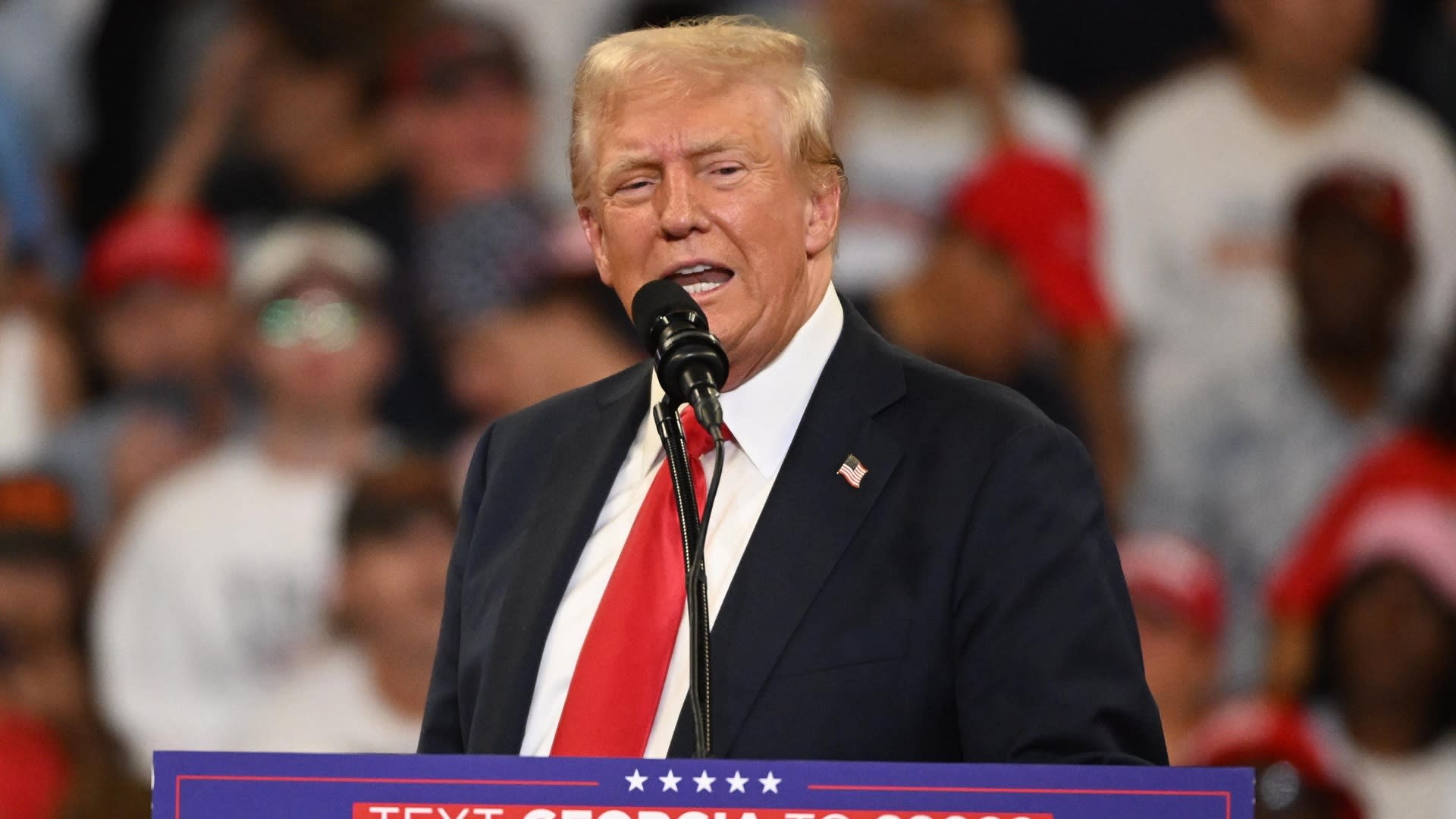Former President Donald Trump has long been an advocate for reducing taxes, and the prospect of might seem like a dream come true for the wealthiest Americans. According to , Trump floated the idea of eliminating income taxes during a private meeting with GOP lawmakers. Although it hasn’t been stated as an official campaign party policy, it’s an interesting proposal.
Instead of paying taxes on income, he suggested an “all-tariff” policy which would see import prices soar. What might appear to be a financial windfall could actually have unintended consequences that hurt the very people it aims to benefit. Here are five ways the elimination of income taxes .

Earning passive income doesn't need to be difficult. One of the most immediate consequences of eliminating income taxes would be the need to find alternative sources of revenue to fund government operations. This could lead to a significant increase in tariffs on imported goods, a move that could disproportionately affect the wealthy.
Wealthy individuals often spend large sums of money on imported from other countries. From designer clothing to luxury cars and high-end electronics, the affluent class has a taste for the finer things in life, many of which are produced abroad. Higher tariffs would increase the cost of these goods, reducing the purchasing power of the wealthy and potentially leading to a decrease in the availability of high-quality imported products.
For instance, if tariffs were to rise by 25% on luxury cars imported from Europe, the cost of a $100,000 car could jump to $125,000. Even for the wealthy, such a substantial increase could deter spending, causing a ripple effect through industries that cater to high-end consumers. Increased tariffs could strain international relations and potentially lead to trade wars, further driving up costs and creating economic uncertainty.
As tariffs drive up the cost of imported goods, wealthy consumers might alter their spending habits. Rather than purchasing expensive imported items, they could shift their focus to domestic products, which may not meet the same standards of luxury or quality they are accustomed to. This shift in consumer behavior could have far-reaching consequences.
Industries that rely on wealthy customers for their high-end products could see a decline in sales, leading to potential job losses and decreased economic activity in certain sectors. The wealthy might feel the pinch of not being able to access the same range of luxury goods, impacting their overall lifestyle and satisfaction. If and follows through with this plan, the elimination of income taxes could also have significant implications for investment portfolios.
Wealthy individuals often have diverse investment portfolios that include stocks, bonds, real estate and other assets. If the government shifts its focus to other forms of taxation, such as capital gains taxes or property taxes, the returns on these investments could see a downward turn. For example, if capital gains taxes were to increase to offset the loss of income tax revenue, the wealthy could see a reduction in the profitability of their investments.
This could lead to a decrease in overall wealth and limit their ability to invest in new opportunities. Additionally, higher property taxes could make real estate investments less attractive, further limiting potential income streams for the wealthy. Wealthy individuals often rely on government services and infrastructure to protect and enhance their wealth.
From the legal system to public safety, the wealthy benefit from a stable and well-functioning government. Eliminating income taxes could lead to budget shortfalls, forcing the government to cut back on essential services. A reduction in government services could cause a less stable economic environment, making it more difficult for businesses to operate and for individuals to protect their assets.
A decrease in public services could lead to social unrest, which could further destabilize markets and negatively impact investment opportunities. The wealthy, who rely on stability to maintain and grow their wealth, could find themselves in a more precarious financial position. If the federal government eliminates income taxes, state and local governments might be forced to pick up the slack by increasing their own taxes.
This could lead to , sales taxes and other forms of taxation that disproportionately impact the wealthy. For example, wealthy individuals who own multiple properties could see their tax bills increase significantly if state and local governments raise property taxes to compensate for the loss of federal income tax revenue. Higher sales taxes could increase the cost of goods and services, further reducing the purchasing power of the wealthy.
While the elimination of income taxes might seem like a boon for the wealthy, the reality is that it could lead to a host of negative consequences. From higher tariffs and shifts in consumer behaviors to increased investment taxes and reduced government services, the wealthy could find themselves facing unexpected financial challenges. As with any major policy change, it’s essential to consider the potential long-term impacts before jumping to conclusions about who stands to benefit.
This article originally appeared on :.



















